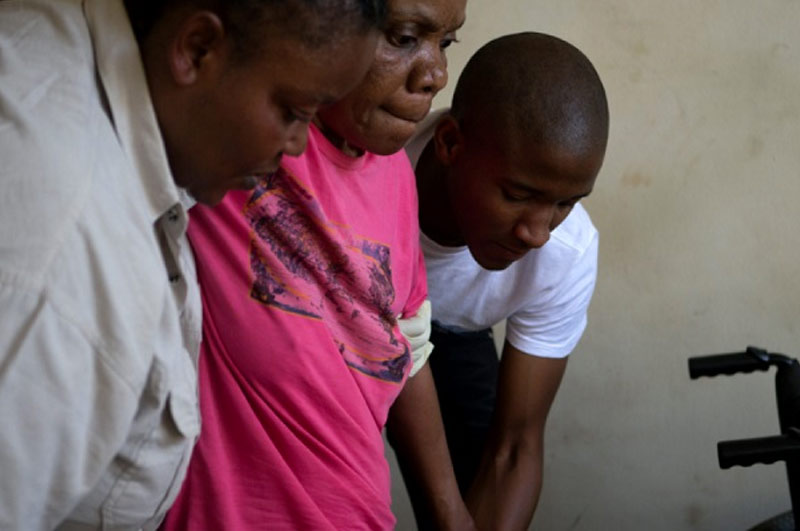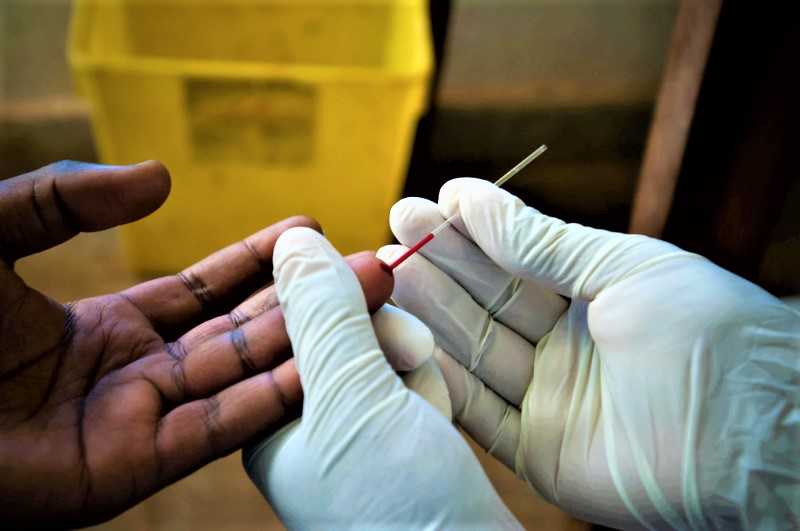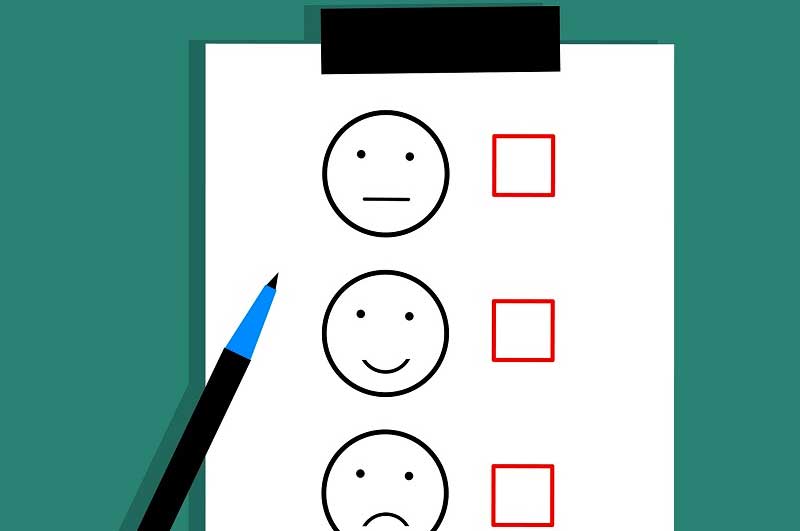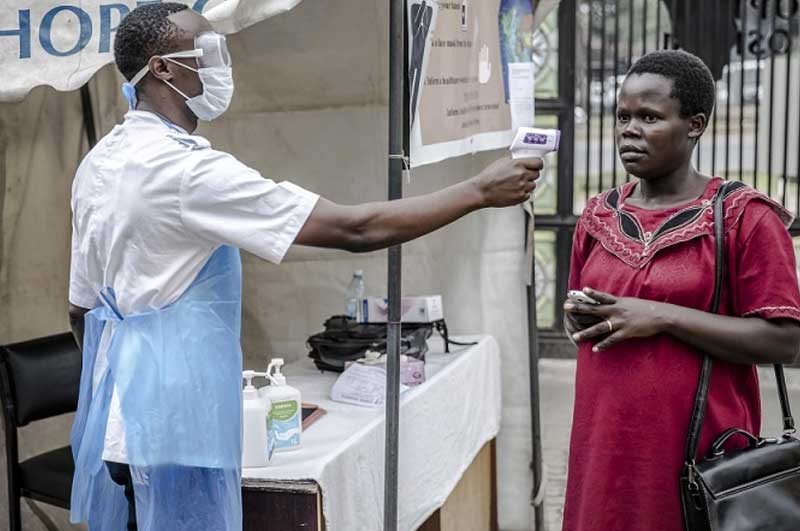


The United Nations has reminded us that a pandemic amplifies and heightens all inequalities. The circumstances of the current COVID-19 pandemic bear it out that this is very true of gender-based inequalities. This article examines the most outstanding of these male-female differences and in particular the unbalanced way the pandemic increases the burdens placed on women and adds new ones.
It looks first at some of the biological considerations that could account for more pandemic-related deaths among men than women. From there it moves to more strictly gender-based understandings, examining the way COVID-19 and the response measures magnify the burdens women must carry in maintaining a home and caring for children, the sick and the elderly; the impact on women of the closure of schools; the possibility of a large increase in violence against women; limitations on the provision of healthcare; the vulnerability of healthcare workers, so many of whom are women; the impacts on employment, with some consideration of telecommuting and its challenges for women; the vulnerability of female migrant workers; the way that the pandemic increases the levels of stress, anxiety and worry for women; the ubiquitous and evil presence of COVID-19-related stigma, discrimination and xenophobia; and the importance of ensuring that women have an equal voice on all pandemic response teams.
Having noted that COVID-19 has reversed the Beijing aspirations for the empowerment of women and full equality between women and men, the article leaves the reader with the question whether, despite all its negative impacts on women and girls, the COVID-19 pandemic might actually contribute to accelerating the changes needed to transform this world into one where gender-equality is more manifest.
Read the full article {HERE}
Related Articles
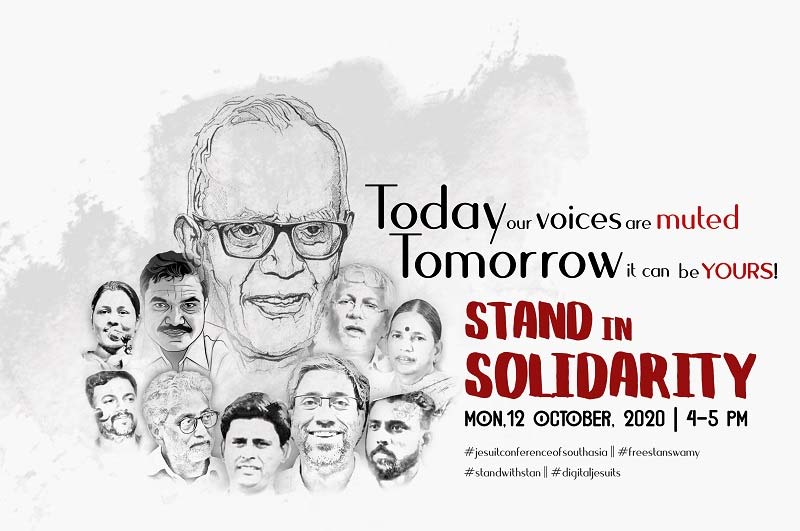
Select Payment Method
Pay by bank transfer
If you wish to make a donation by direct bank transfer please contact Fr Paul Hamill SJ treasurer@jesuits.africa. Fr Paul will get in touch with you about the best method of transfer for you and share account details with you. Donations can be one-off gifts or of any frequency; for example, you might wish to become a regular monthly donor of small amounts; that sort of reliable income can allow for very welcome forward planning in the development of the Society’s works in Africa and Madagascar.
Often it is easier to send a donation to an office within your own country and Fr Paul can advise on how that might be done. In some countries this kind of giving can also be recognised for tax relief and the necessary receipts will be issued.



